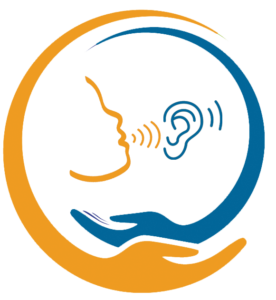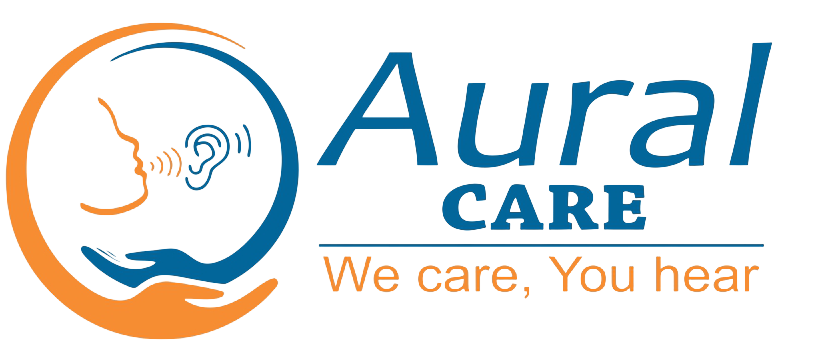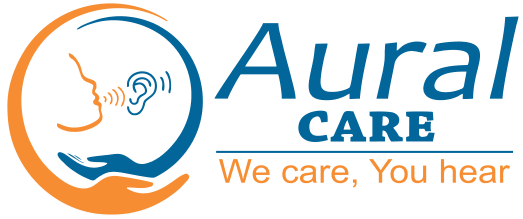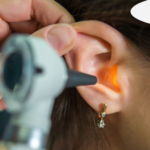Feeling dizzy or like the room is spinning can really throw you off, right? These symptoms can make everyday life pretty challenging. That’s why it’s so important to figure out what’s causing them. Healthcare professionals rely on VNG testing, which is one of the most dependable diagnostic tools available for the purpose. In this blog, we would discuss how a VNG test helps with the diagnostics.
Understanding the VNG Test
The VNG test is a complete assessment that checks how well your inner ear and brain interact with your eye movements. The inner ear is essential for maintaining balance, and if there are any disturbances, they can lead to symptoms such as dizziness, vertigo, or imbalance. The VNG test consists of various sub-tests that monitor and register ocular movements that are involuntary, known as nystagmus. The nystagmus occurs in response to visual stimuli and changes in head position.

The Components of a VNG Test
Typically, a VNG test has four primary components:
Ocular Motor Testing: This section of the test determines whether the eyes can follow moving targets. During this process, patients will be asked to keep track of an image on the screen while their eye movements are recorded.
Positional Testing: Here, some patients place their heads in different positions to see if certain places could trigger nystagmus. Thus helping identify particular regions in the vestibular system that may be affected.
Caloric Testing: This aspect entails stimulating the inner ear with hot and cold air or water so as to examine how it reacts through the eyes. This examination can show asymmetries related to the vestibular system, which indicates possible injury or dysfunction.
Spontaneous Nystagmus Testing: This part investigates cases where patients experience nystagmus without any stimuli, making it useful for understanding more about what happens within our vestibular systems.
What Does a VNG Test Help Diagnose?
The VNG test is a pivotal diagnostic tool for identifying a variety of balance and vestibular disorders. Here are some of the primary conditions it helps diagnose:
1. Benign Paroxysmal Positional Vertigo (BPPV)
Take Benign Paroxysmal Positional Vertigo (BPPV), for instance. It’s a mouthful, I know, but it’s actually the most common cause of vertigo. You know that feeling when you move your head and suddenly the room starts spinning? That’s BPPV. The VNG test is fantastic at spotting this, especially when we do the positional testing part. It can tell us if those pesky calcium crystals in your inner ear have gone rogue and are messing with your balance.
2. Meniere’s Disease
Then there’s Meniere’s disease. This one’s a bit of a troublemaker, causing vertigo, hearing loss, that annoying ringing in your ears, and a feeling like your ear is full. The VNG test is a real champion at detecting the telltale signs of Meniere’s in your vestibular system.
3. Vestibular Neuritis
Vestibular neuritis is another condition we can identify. It’s known for causing severe dizziness and balance issues. The VNG test helps us distinguish it from other vestibular problems by checking how well your vestibular nerve and inner ear are working together.
4. Labyrinthitis
We also use the VNG test to diagnose labyrinthitis. This is usually caused by an ear infection and can lead to both hearing loss and vertigo. The test gives us a clear picture of how much damage there is to both your hearing and balance systems.
5. Central Nervous System Disorders
Interestingly, the VNG test can even help us spot central nervous system disorders that affect balance, like multiple sclerosis or brainstem lesions. It’s all in the eye movements – if they’re abnormal, it could point to issues in the central nervous system.
6. Vestibular Migraine
Lastly, there’s vestibular migraine. Yes, migraines can affect your balance too! The VNG test is really helpful here because it can rule out other vestibular problems and support a diagnosis of vestibular migraine when other tests aren’t giving us clear answers.
It’s pretty amazing how much we can learn from one test, isn’t it? The VNG really is a powerhouse when it comes to diagnosing these tricky balance disorders.
The Importance of Early Diagnosis
While conditions such as Benign Paroxysmal Positional Vertigo (BPPV) and Vestibular Neuritis can be effectively managed with medicines or specific physical therapies, other disorders like Meniere’s Disease or Vestibular Migraine may need long-term treatment modalities. The VNG test provides a clear picture of the underlying cause of symptoms, allowing healthcare professionals to tailor treatment plans.
Who Should Consider a VNG Test?
Why should one consider a VNG test? The answer is – a person exhibiting persistent symptoms of dizziness, vertigo, or loss of steadiness that might be accompanied by nausea would be suggested by their medical doctor if they want to undergo a VNG test. But the assessment of persons suffering from untreated vertigo and balance problems, as this gives elaborate information on how exactly their ear’s balance mechanism is functioning.
Sometimes hearing aids for people with hearing impairments can also help in addressing balance disorders. Whether you are looking for Phonak hearing aids near me, Starkey hearing aids near me, or the best quality hearing aids, addressing vestibular issues alongside hearing loss can significantly improve your quality of life. Besides, if your devices require repair or change, keeping up with hearing aid repair near me ensures the auditory gadget works impeccably optimally to function well with other systems managing imbalance.
The Role of VNG in Hearing Aid Fitting
While the VNG test primarily focuses on balance disorders, its results can also inform the fitting and adjustment of hearing aids. Understanding the specific vestibular issues at play can help audiologists tailor hearing aids to minimize any balance-related side effects, ensuring that the hearing aids complement, rather than interfere with, balance.
For those considering hearing aids, whether searching for Phonak hearing aids near me or Starkey hearing aids near me, it’s important to find an audiologist who can integrate the results of a VNG test into your hearing care plan. Especially those of the best quality hearing aids can play a pivotal role in managing both hearing loss and balance disorders, improving overall well-being.
FAQs
What symptoms suggest the need for a VNG test? Symptoms like persistent dizziness, vertigo, imbalance, or unsteadiness are indicators that a VNG test might be necessary.
Can a VNG test diagnose central nervous system disorders? Yes, the VNG test can help identify central nervous system disorders that affect balance, such as multiple sclerosis or brainstem lesions.
How long does a VNG test take? A VNG test typically takes about 1-2 hours to complete, depending on the specific tests involved.
Is a VNG test uncomfortable? The VNG test is generally well-tolerated, though some patients might experience mild discomfort or dizziness during certain parts of the test.
Can a VNG test be used to monitor treatment progress? Yes, the VNG test can be used to assess how well treatments for vestibular disorders are working by comparing results over time.
Do I need a referral for a VNG test? In most cases, a referral from your primary care physician or a specialist is required to undergo a VNG test.
Conclusion
The VNG test forms the base for the diagnosis of a wide array of vestibular and balance disorders. If you are experiencing symptoms like dizziness or vertigo, especially when you already have hearing loss, then the VNG test could be among the most important decisions toward feeling better that you will ever make. Quality hearing aids or, for instance, hearing aid repair near me would be another thing; seeking quality help holistically for your hearing and balance could yield the best possible outcomes.
Schedule an Appointment!
About Aural Care

Aural Care is the Best Hearing Aid Clinic in Kolkata offering high quality facilities with lots of experienced doctors. We have 15 years experience in this field. Here, we offer the most comprehensive diagnostic facilities and the latest and best technology in hearing aids.
Address: GB7, 822, Rajdanga Main Road . Opp. GST Bhawan. Kol 700107
Phone: +91 98315 37979
Mail: info@auralcarekolkata.in
Follow us
Facebook: www.facebook.com/AuralCareCenterKolkata
Instagram: www.instagram.com/auralcarecenter


